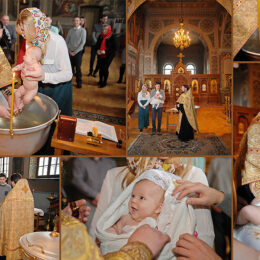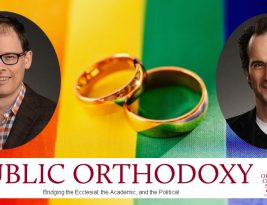First of all, why “Paschal”? The word comes from Pascha which means Passover and is the proper term for the resurrection of Christ. Christ is the “Paschal Lamb” (Passover Lamb). Think of John the Baptist’s words when he first laid eyes on Christ: “Behold the Lamb of God, who takes away the sins of the world.” To a first century Jew, the term “Lamb of God” would powerfully recall Exodus, when the angel of death passed over the homes of the Children of Abraham and the Egyptians during the final plague and killed all the first born sons of the families who did not place the blood of the unblemished lamb on their door posts. “Easter” is a later import and is not a historically proper term.
In any case, read these two articles about Pascha in Dachau:



I recall the story of the Passover being read to me as a child. At the time, it made sense in my simplistic understanding of who the “goodies” and the “baddies” were.
Today, it only seems to make sense as allegory (i.e., the blood as atonement and a foreshadowing of Christ’s sacrifice).
Perhaps we’re not supposed to ask these questions, but I’m otherwise not sure I see the necessity behind having to kill an animal and spread its blood over a door to ward off the angel of death (as if the angel were some wild animal repelled by a scent). I’m also unsure why, if God could send down showers of frogs and locusts, He couldn’t also have just dispatched Pharoah directly (perhaps with a large boulder or a bolt of lightning). This way, He could have avoided having to kill off all the firstborn of the land and vexing all the inhabitants of the area with plagues. Certainly, those struck down had little say in Pharoah’s political decisions.
It all seems so complicated and indirect.